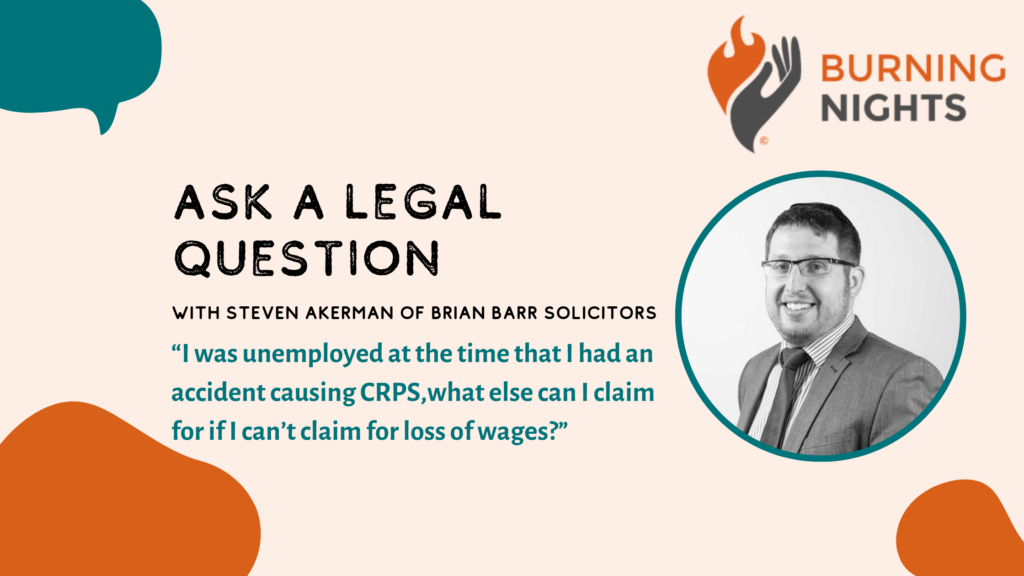For those of you that suffer from a chronic pain illness, such as fibromyalgia, it’s likely that you may also find it difficult to get a good night’s sleep.
According to the Sleep Foundation, approximately two thirds of adults who suffer from chronic pain, also report experiencing sleeping difficulties: “the combination of pain and sleep disturbance is a double-edged sword: the pain makes sleep more difficult and sleep deprivation exacerbates pain.”
Whilst further research is required to establish and understand the connections between sleep and pain, the good news is that there are several ways that you may be able to improve you chances of having a good night’s sleep.
Health guru and rheumotology expert, Betty Keller (MD, FACR Board Certified Internal Medicine & Rheumatology), offers the following great advice and tips on finding the best sleeping positions if you suffer from fibromyalgia:
“Experiment with different pillow arrangements until you find one that is comfortable and gives you support where you need it most.”
We all have preferred habits when it comes to choosing a side to sleep on. Let’s see what the experts say when it comes to choosing the side that will benefit your particular symptoms the most:
Sleeping on your side
Sleeping on you side can help to reduce pressure in the places where you tender spots are likely to be located in your:
- Shoulders
- Lower back
- Chest
- Back of knees
By slowly bring your knees to your knees closer to your chest you can help to rehydrate the disks in your back and ease lower back pain, according to sleep expert Michael Breus, PhD: “They naturally rehydrate as you sleep, and the only way to rehydrate them is to have them in an open position.”
Sleeping on your back
- By placing a pillow beneath your knees and/or lower back, you can cushion your tender spots.
- Raising your legs and torso (with a pillow or triangular foam wedge), may help with lower back pain says Breus: “By raising the legs at the knees, you can actually pull all the weight off the pelvis. And by increasing the height of torso between 17 and 20 degrees, you can absolutely neutralize any low back strain.”
- If you suffer from neck pain, upper back pain or pain in the shoulder blades, it recommended that you sleep on your back using a very flat pillow.
Sleeping on your stomach
- As you may have tender spots located in your neck, if you can only get to sleep on your stomach avoid placing a pillow in a place that may place pressure on your neck.
- By placing a pillow beneath your stomach, it may help to prevent arching in your back.
Other sleeping tips:
- Try a memory pillow
Memory pillows are designed to mould to the contours of your head and neck and provide you with the maximum support during your night’s sleep. - Reduce your caffeine intake
Try not to consume any caffeine from the afternoon onwards: as it works as a stimulant it will affect your ability to settle. If you are craving a hot drink try a relaxing herbal tea, such as chamomile or peppermint. - Avoid too many naps
Where possible try to keep a regular sleep schedule, avoiding napping too much during the day. “A lot of patients have circadian rhythm problems. Napping can throw you off. Any sleep during the daytime will be taken from your sleep at night” says clinical psychologist, Dr Mary Rose. - Gentle exercise
Regular exercise has been said to both aid good sleep and improve symptoms of fibromyalgia for some sufferers. There are plenty of good links to simple “fibro friendly” exercise routines on the internet. - See a Doctor
If sleep disruption has become a serious issue for you and you feel that you may be suffering from a disorder, such as insomnia, you should consult your GP for further advice.
Do you find that chronic pain negatively affects your sleeping patterns? Do you have any tips that have helped you to get a better night’s rest?
We do not endorse any research, studies or sources mentioned within our blogs and comments. Furthermore, we do not endorse any medical advice provided, and would strongly recommend anyone seeking medical advice to contact their local healthcare provider.

















